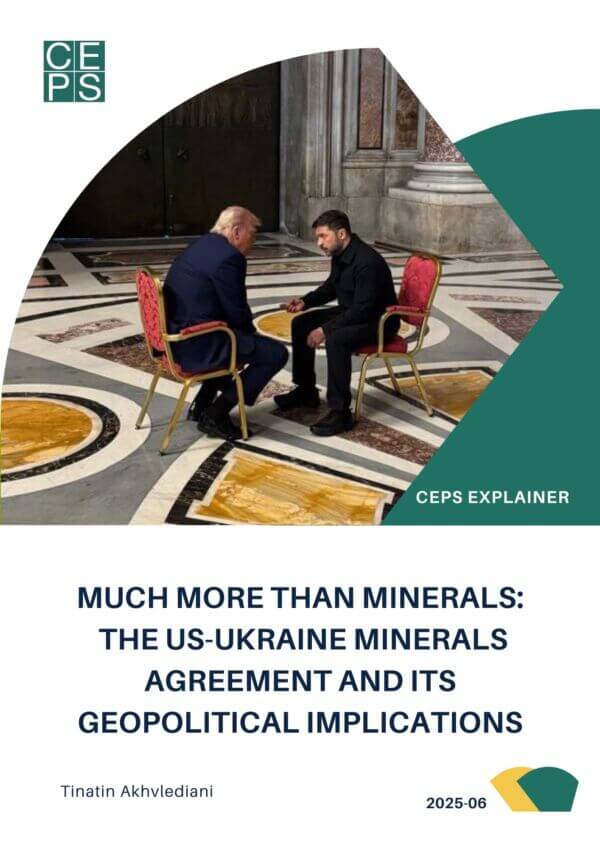Recent US measures directed against Iran, Cuba and Russia (North Stream 2) have indirectly become a critical challenge for the European Union as well. As they purport to deter economic actors under EU jurisdiction from engaging with target countries, they have an important extraterritorial dimension that affects EU business and individuals, and ultimately the sovereignty of the EU and its member states.
A review of the existing sanction regimes and of the geopolitical context reveals that other international players, including China, may follow suit in using such measures.
The study shows that extraterritorial sanctions have considerable economic implications, particularly for the EU and its vulnerabilities. Extraterritorial sanctions also raise critical questions as to their legality under general international law, WTO law and other specific international rules. The EU is especially affected by these measures and has already taken some measures of its own in response. These could be improved and additional measures taken, as the policy recommendations in this study set out.
This report was requested by the European Parliament’s Committee on International Trade. The research for this study was conducted in full independence by Tobias Stoll and Henner Gött (University of Göttingen), Steven Blockmans (CEPS), Jan Hagemejer (University of Warsaw), Christopher A. Hartwell and Kateryna Karunska (CASE-Centre for Social and Economic Research), Andreas Maurer (University of Innsbruck). With contribution from Paweł Galiński (CASE), Weinian Hu (CEPS), Thomas Walli (Innsbruck University), Abdoul Karim Zanhouo (CASE).














